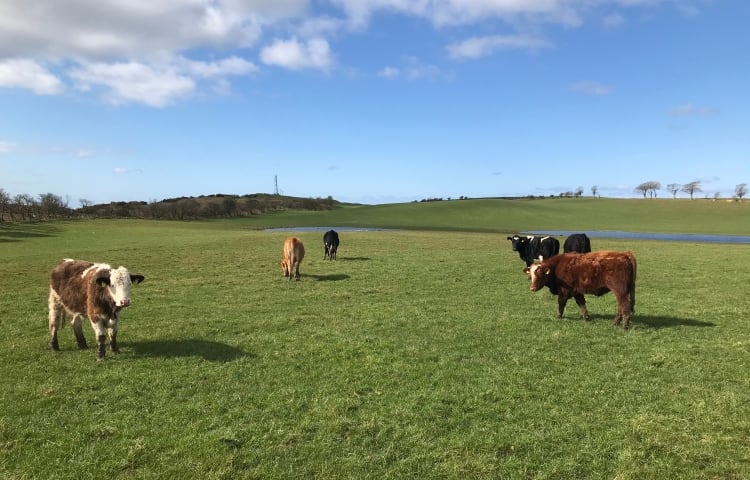Following EU approval for the additive’s use in February 2022, the parties have decided to launch this pilot immediately. The Dutch feed supplier Agrifirm will supply the feed additive to participating farmers.
Some 200 FrieslandCampina dairy farms in the Netherlands will take part in the pilot in the second half of 2022. Providing the results are positive, the use of Bovaer will be further upscaled from 2023.
Bovaer is a feed additive for cows and other ruminants. DSM has researched and developed this additive over 10 years. DSM said a quarter of a teaspoon of Bovaer added daily to each cow’s feed will enable a consistent reduction in methane emissions of 30%, on average.
As well as the EU, since the end of last year, Bovaer has been approved for use in Brazil and Chile.
Together with its member dairy farmers, FrieslandCampina, aims to achieve a 33% reduction in greenhouse gas emissions on its farms by 2030. To this end, the dairy cooperative is working on various solutions, such as generating sustainable energy on farms, using guaranteed deforestation-free soy in cattle feed, and reducing cow methane emission using Bovaer. Previous tests with Bovaer at the Dairy Campus in Leeuwarden showed an average reduction in methane in enteric emissions (methane emissions that primarily arise during fermentation in the first stomach of ruminants) per kilogram of milk of 30%.
During the pilot, participating dairy farms will feed Bovaer to their cattle for a period of six months. It will be added to the feed by the feed supplier, Agrifirm, an agricultural cooperative. In addition, there will be talks with other feed suppliers in the follow-up phase.
Dick Hordijk, CEO of Royal Agrifirm Group, said, “As an agricultural cooperative, we are constantly working on feed solutions that help to improve food production and hence enable us to continue to feed future generations in a responsible manner. This additive is one of the solutions that will help to reduce emissions, so we’re very enthusiastic about it.”
During the pilot, the results and experiences of farmers will be gathered through workshops and surveys. The economic aspects, together with the costs and benefits, will be considered as well. FrieslandCampina said it will ensure every dairy farmer receives fair payment for the supplied milk and reward for the sustainability efforts they make on their farm.
Hein Schumacher, CEO of Royal FrieslandCampina, said, “Our ultimate goal is for all of our dairy products to be climate neutral. Though we can’t achieve this overnight, we’re working toward it. In addition to solutions like switching to green energy – preferably generated by our members – reducing the greenhouse gas emissions of our cows is one of the routes towards reaching our climate goal. This requires innovation – and now Bovaer, a truly innovative feed additive from DSM that significantly reduces cows’ methane emissions, is part of the solution. We know that our members are always open to innovation and improvements in our sustainability performance, and with this pilot we will be the first dairy company in Europe to gain valuable practical experience with Bovaer.”
Dimitri de Vreeze, co-CEO of Royal DSM, said, “There’s no time to lose when it comes to reducing greenhouse gas emissions. Cutting methane emissions is the fastest way to combat global warming, as was underlined during the most recent UN Climate Change Conference in Glasgow. I’m proud that we, FrieslandCampina and DSM, can offer dairy farmers a solution that will help to make a major contribution toward tackling one of the greatest challenges of our time. Collaboration, new ways of thinking and pioneering innovations are crucial to making dairy farming more sustainable. It’s important that dairy farmers are rewarded for their sustainability performance.”

